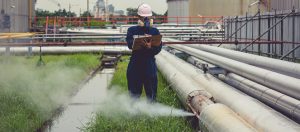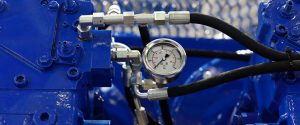How GENERON Celebrates #NationalEarthDay
This years theme “Invest In Our Planet” brings awareness and support for environmental protection. GENERON celebrates Earth day not only on Friday, April 22nd, 2022 but everyday. Through constant research and innovation, GENERON creates technology that brings about optimal resource productivity to ensure a more sustainable planet. One of the biggest challenges […]





